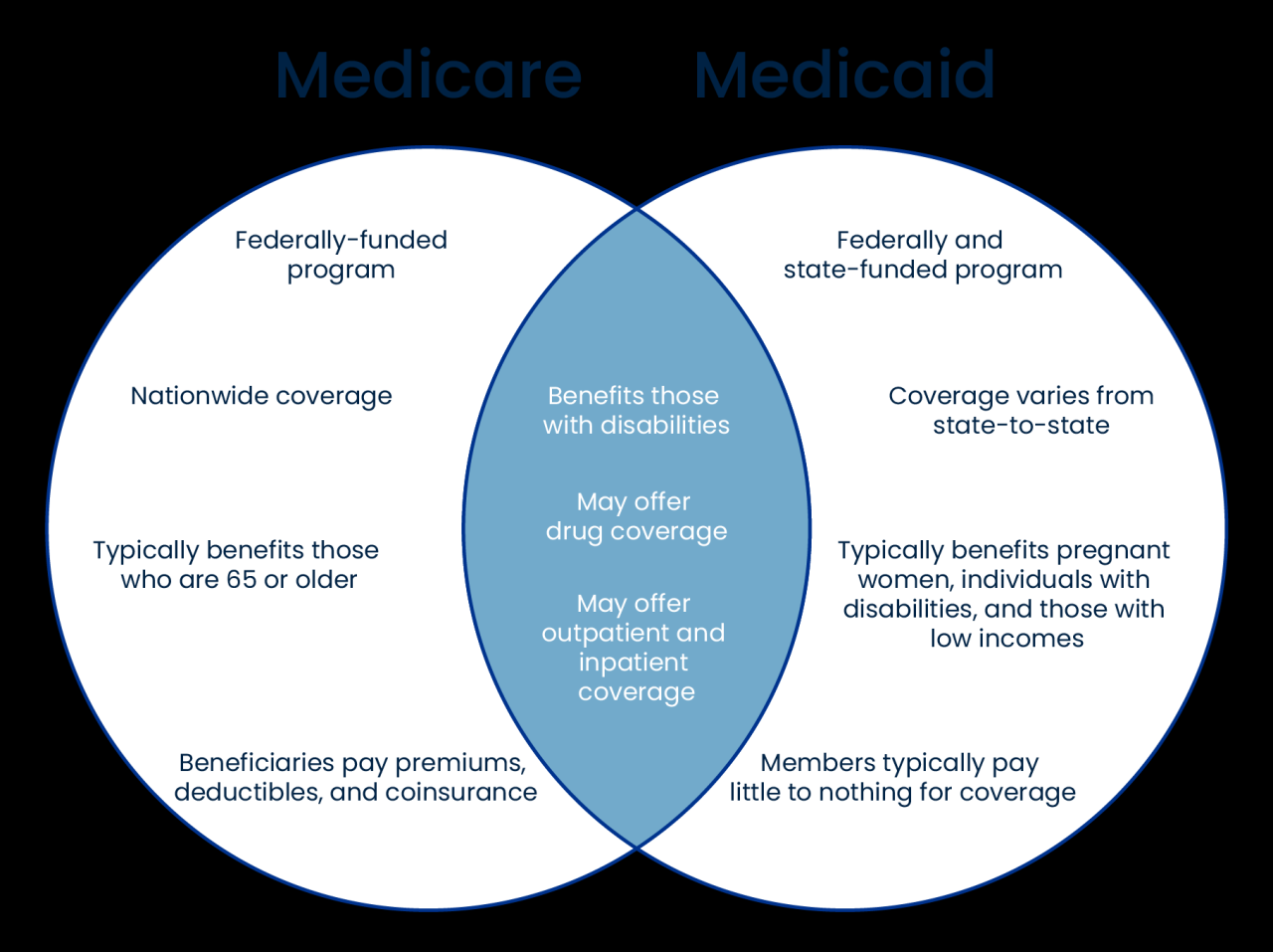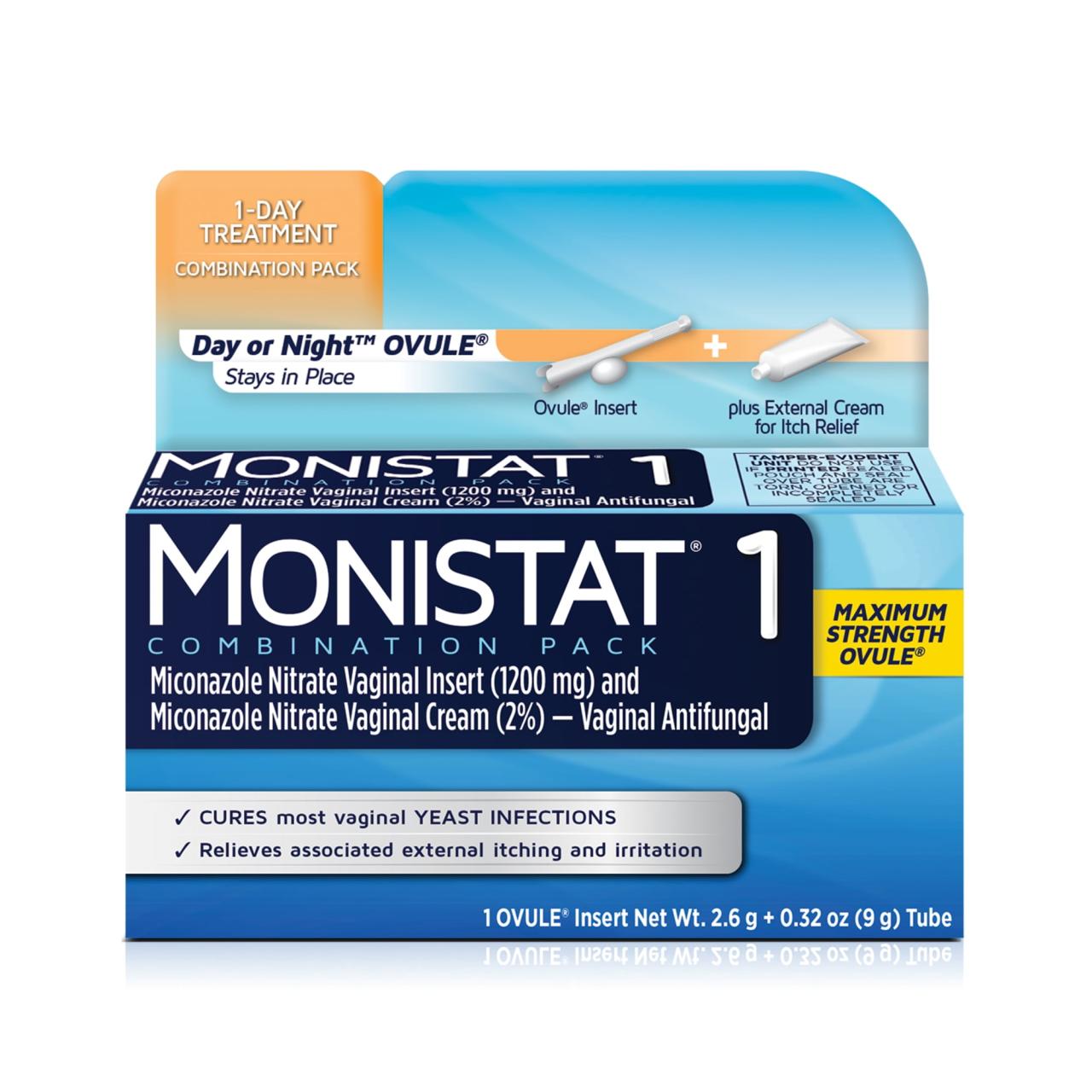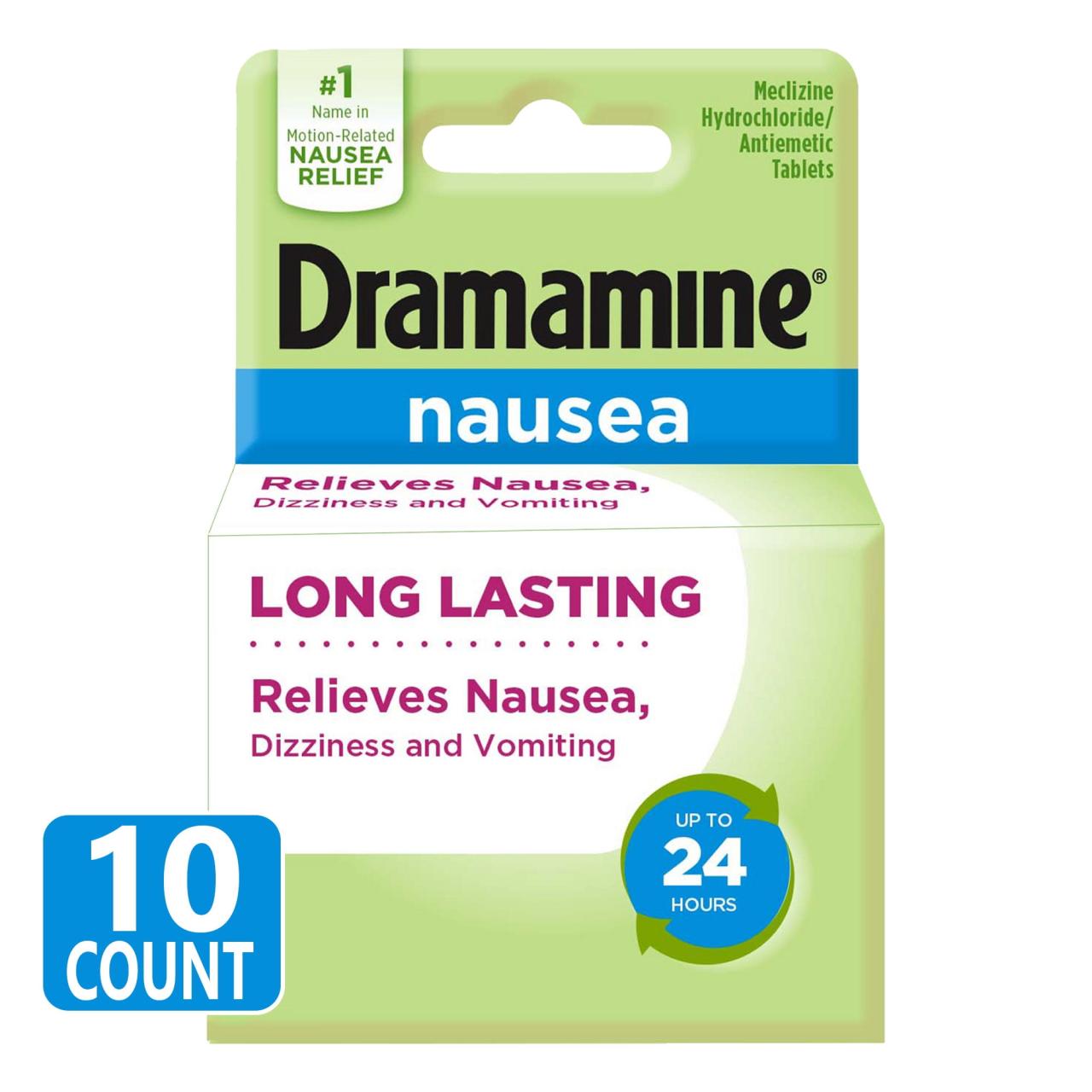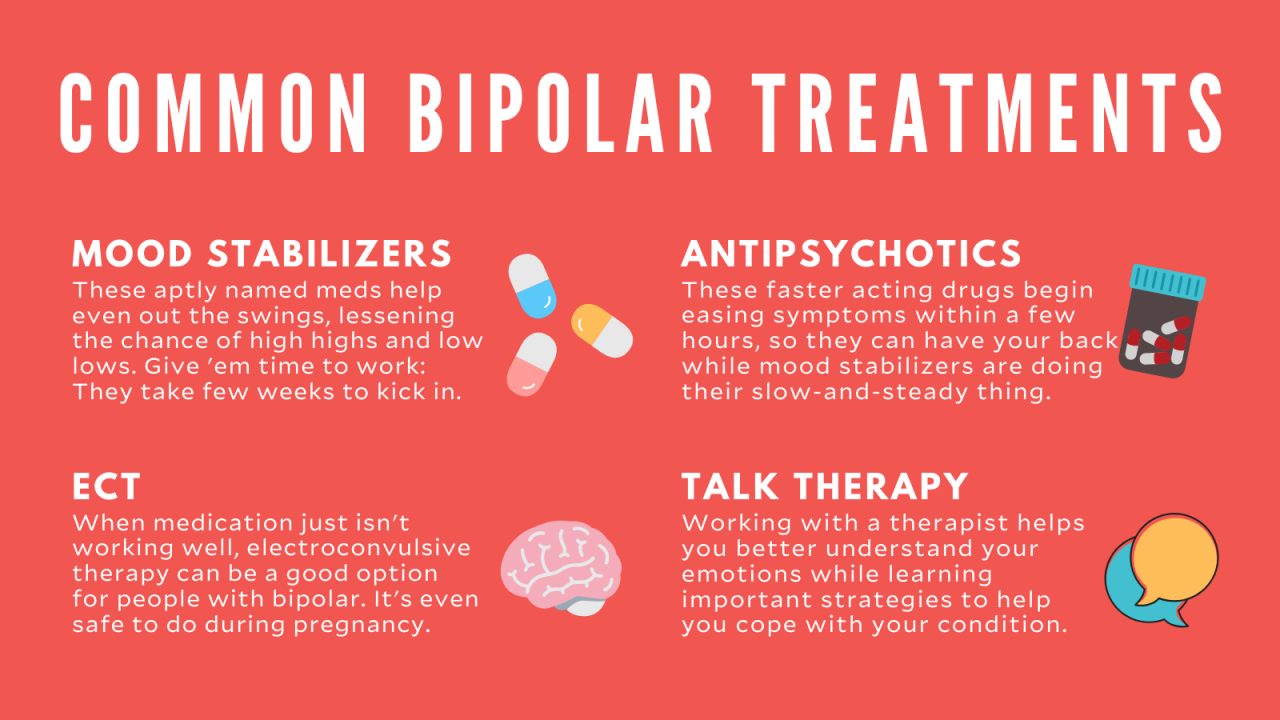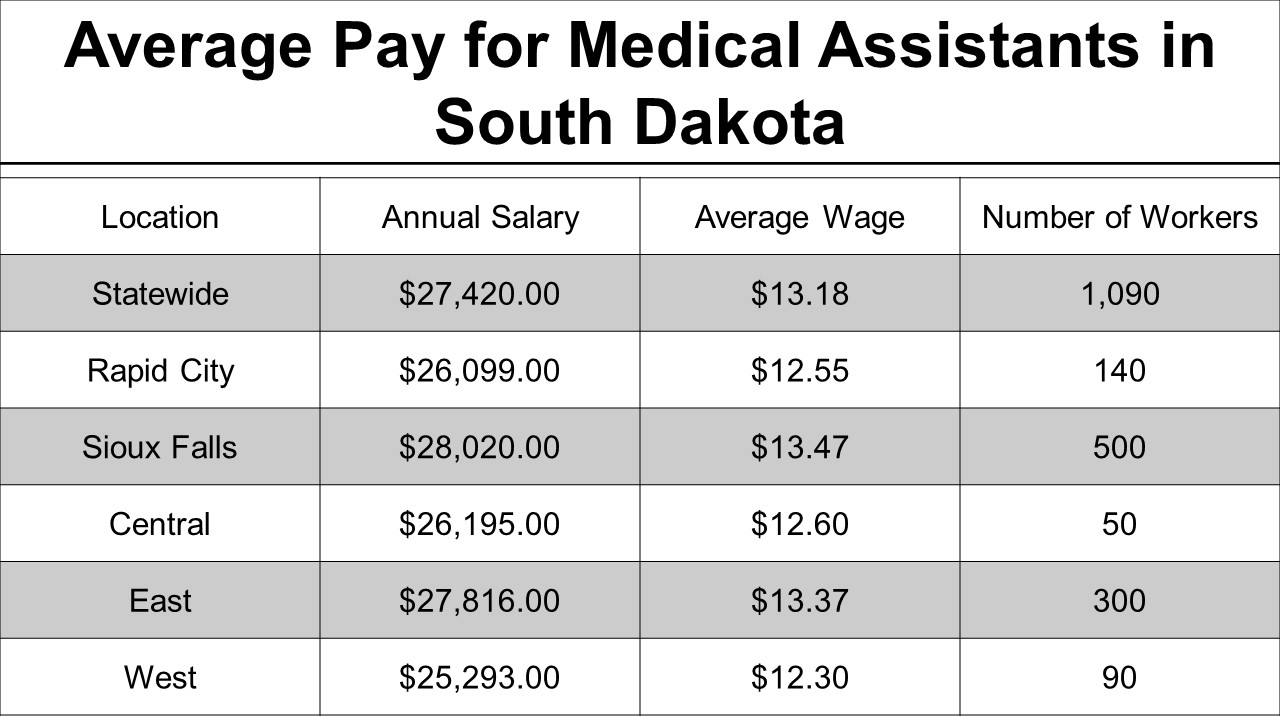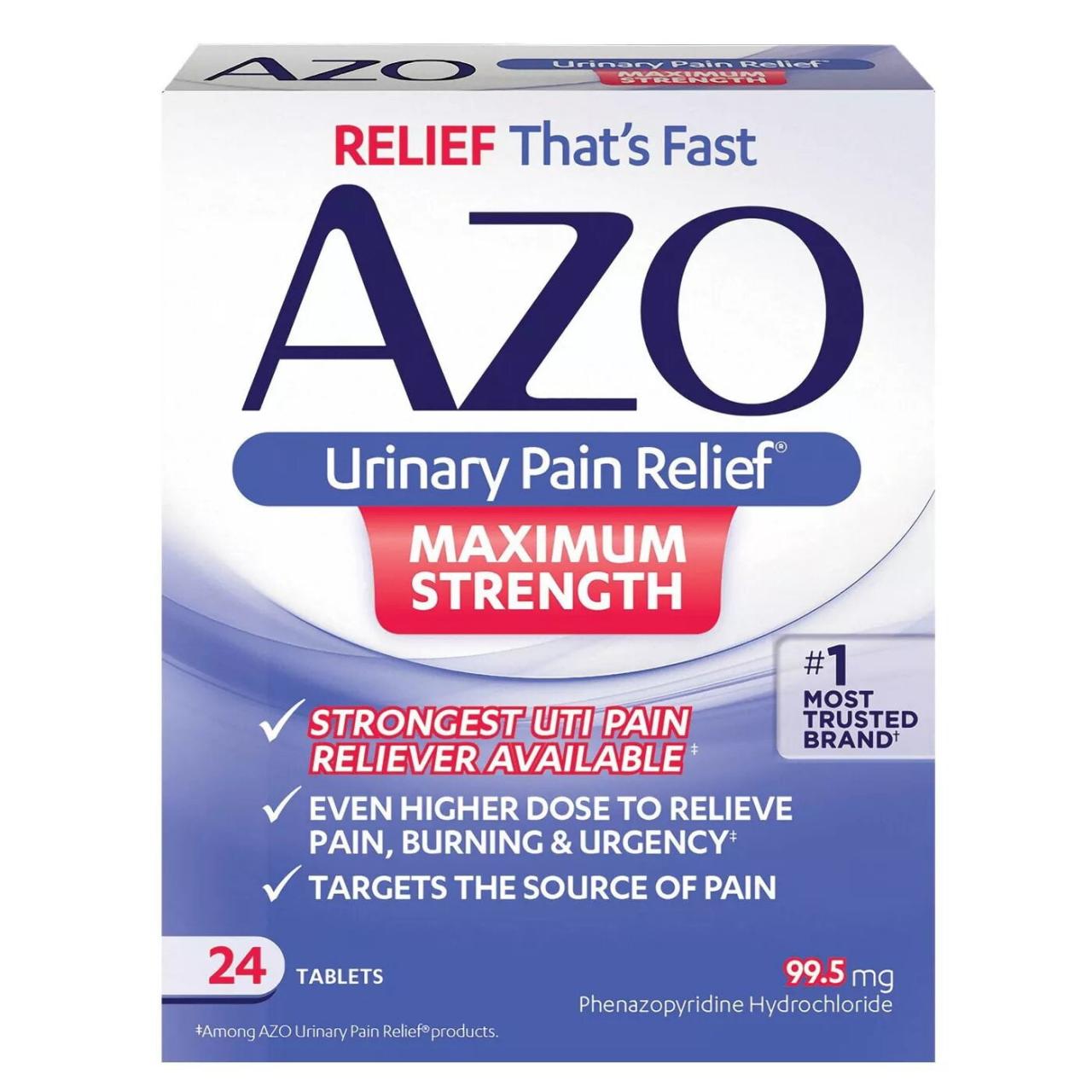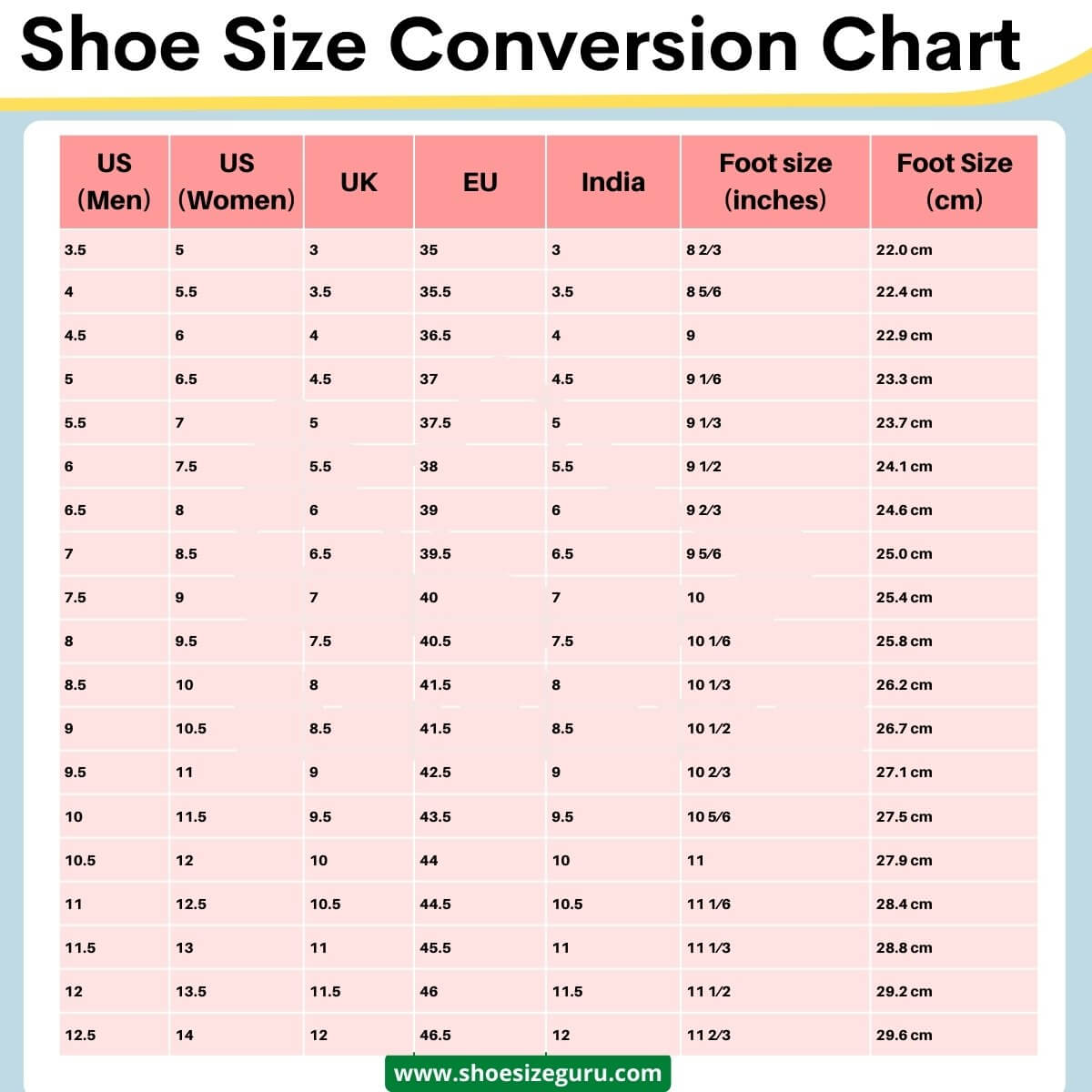Gastroesophageal reflux disease medication plays a crucial role in managing the discomfort and complications associated with GERD. This condition, characterized by the backflow of stomach acid into the esophagus, can lead to heartburn, chest pain, and even more serious health issues.
While lifestyle modifications can help, medication often provides essential relief and helps control the symptoms.
Understanding the different types of medications available, from over-the-counter options to prescription medications like proton pump inhibitors (PPIs) and H2 blockers, is key to making informed decisions about treatment. This guide explores the various approaches to managing GERD, including their mechanisms of action, potential side effects, and considerations for effective use.
Understanding Gastroesophageal Reflux Disease (GERD)
Gastroesophageal reflux disease (GERD), commonly known as acid reflux, is a digestive disorder that occurs when stomach acid flows back up into the esophagus. This backflow of acid can irritate the lining of the esophagus, leading to a variety of symptoms.
Mechanisms of GERD
The lower esophageal sphincter (LES) is a muscle at the bottom of the esophagus that acts like a valve, preventing stomach acid from flowing back up. In individuals with GERD, the LES may be weakened or relax inappropriately, allowing stomach acid to reflux into the esophagus.
Other factors that can contribute to GERD include:
- Hiatal hernia, where part of the stomach protrudes through the diaphragm
- Delayed stomach emptying
- Increased pressure in the abdomen, such as during pregnancy or obesity
- Certain foods and beverages, including fatty foods, chocolate, caffeine, and alcohol
- Smoking
- Some medications, such as aspirin, ibuprofen, and certain muscle relaxants
Symptoms of GERD
The most common symptom of GERD is heartburn, a burning sensation in the chest that often radiates up to the throat. Other symptoms include:
- Sour taste in the mouth
- Regurgitation of food or stomach acid
- Difficulty swallowing
- Chronic cough
- Hoarseness
- Sore throat
- Dental erosion
Lifestyle Modifications for GERD
Lifestyle changes can play a significant role in managing GERD symptoms. Here are some recommendations:
- Weight loss:If you are overweight or obese, losing even a small amount of weight can reduce pressure on the stomach and lessen reflux.
- Dietary changes:Avoid foods and beverages that trigger your symptoms, such as fatty foods, chocolate, caffeine, alcohol, citrus fruits, and tomatoes. Eat smaller, more frequent meals instead of large meals.
- Elevate your head:Use an extra pillow or raise the head of your bed by 6-8 inches to keep stomach acid from flowing back up.
- Avoid smoking and alcohol:Smoking weakens the LES and alcohol relaxes it, both of which can worsen GERD.
- Eat meals slowly and chew thoroughly:This helps prevent overeating and allows for proper digestion.
- Avoid lying down after meals:Wait at least 2-3 hours after eating before lying down.
- Wear loose-fitting clothing:Tight clothing can put pressure on the stomach and increase reflux.
Types of GERD Medications
Medications are often used to treat GERD, either alone or in combination with lifestyle modifications. These medications work by reducing the amount of acid produced by the stomach, blocking acid from entering the esophagus, or promoting the healing of the esophageal lining.
Categories of GERD Medications
GERD medications can be broadly categorized into two main types:
- Acid-reducing medications:These medications decrease the amount of acid produced by the stomach. They include proton pump inhibitors (PPIs) and H2 blockers.
- Antacids:These medications neutralize stomach acid, providing immediate relief from heartburn. They are available over-the-counter (OTC).
Mechanisms of Action
Here’s a breakdown of how different types of GERD medications work:
- Proton pump inhibitors (PPIs):PPIs are the most potent acid-reducing medications. They block the enzyme responsible for producing stomach acid, effectively reducing acid production for up to 24 hours. Examples of PPIs include omeprazole (Prilosec), lansoprazole (Prevacid), esomeprazole (Nexium), and pantoprazole (Protonix).
- H2 blockers:H2 blockers block histamine receptors in the stomach, which are involved in acid production. They are less effective than PPIs but can provide relief for mild to moderate GERD. Examples of H2 blockers include ranitidine (Zantac), famotidine (Pepcid), and cimetidine (Tagamet).
- Antacids:Antacids neutralize stomach acid by reacting with it, providing immediate relief from heartburn. They are typically used for occasional heartburn or as a short-term solution. Common antacids include Tums, Rolaids, and Maalox.
Effectiveness and Side Effects

The effectiveness and side effects of GERD medications vary depending on the individual and the specific medication. PPIs are generally considered the most effective, but they can have more side effects than H2 blockers. Antacids are effective for short-term relief but do not address the underlying cause of GERD.
It’s important to discuss the risks and benefits of each medication with your doctor to determine the best treatment option for you.
Over-the-Counter (OTC) Medications: Gastroesophageal Reflux Disease Medication
Many OTC medications are available for the treatment of occasional heartburn and other mild GERD symptoms. These medications typically contain antacids or H2 blockers as active ingredients.
Common OTC Medications
Here are some of the most common OTC medications for GERD:
- Antacids:
- Tums (calcium carbonate)
- Rolaids (calcium carbonate and magnesium hydroxide)
- Maalox (magnesium hydroxide and aluminum hydroxide)
- H2 blockers:
- Pepcid AC (famotidine)
- Zantac (ranitidine)
Choosing the Right OTC Medication
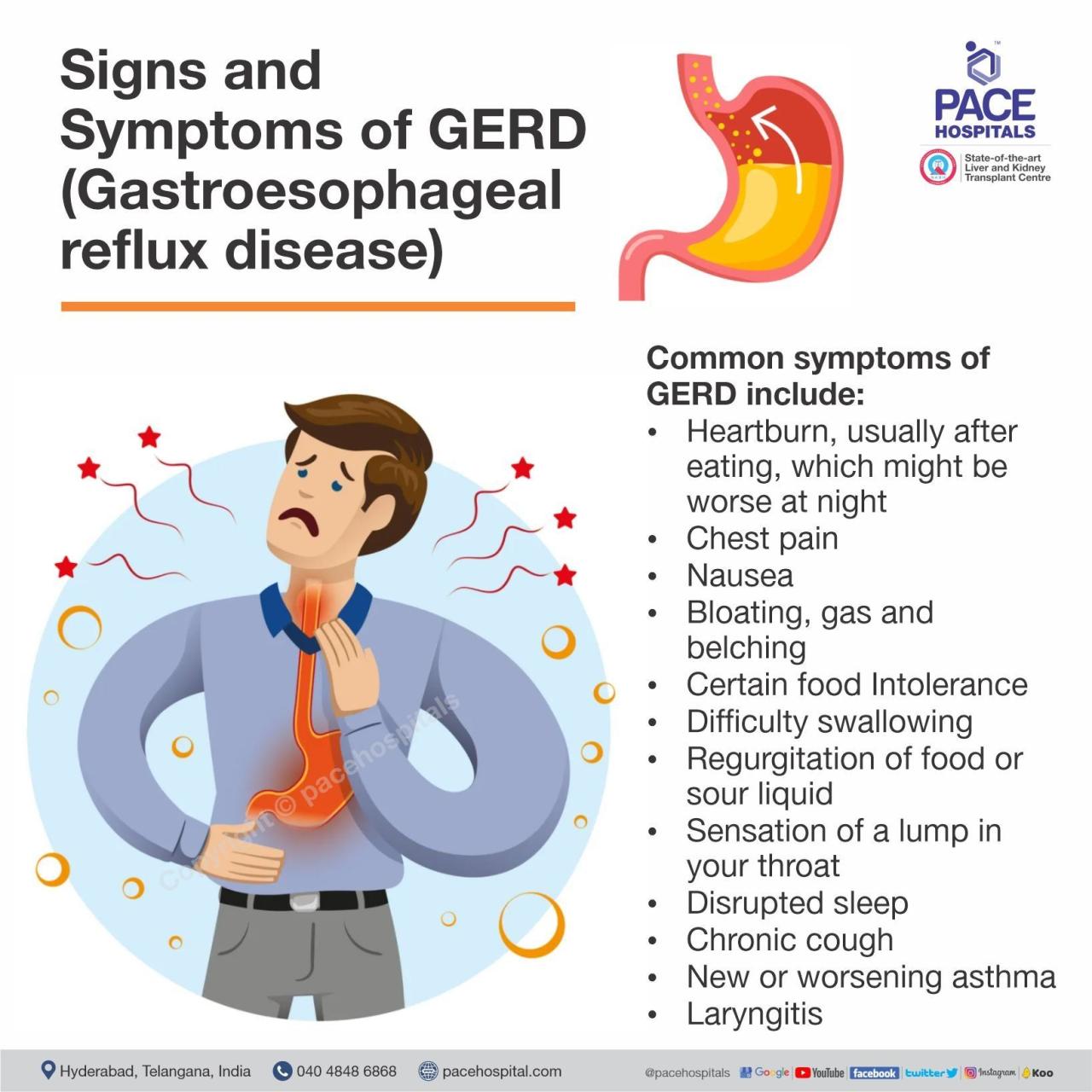
When choosing an OTC medication for GERD, consider the following factors:
- Severity of symptoms:Antacids are best for occasional heartburn, while H2 blockers may be more effective for more frequent or persistent symptoms.
- Individual needs:Some medications may be more suitable for certain individuals based on their medical history or other medications they are taking.
- Active ingredient:Different medications contain different active ingredients, so it’s important to choose one that is appropriate for your needs.
Typical Dosages
The typical dosage for OTC GERD medications varies depending on the specific product and the individual’s needs. Always follow the directions on the product label or consult with your doctor or pharmacist for personalized advice.
Prescription Medications
For more severe or persistent GERD, your doctor may prescribe medications to manage your symptoms. These medications include proton pump inhibitors (PPIs) and H2 blockers, which are more potent than OTC options.
Types of Prescription Medications, Gastroesophageal reflux disease medication
- Proton pump inhibitors (PPIs):PPIs are the most commonly prescribed medications for GERD. They effectively reduce acid production for up to 24 hours. Examples of PPIs include omeprazole (Prilosec), lansoprazole (Prevacid), esomeprazole (Nexium), and pantoprazole (Protonix).
- H2 blockers:H2 blockers are less potent than PPIs but can still provide relief for moderate GERD. Examples of H2 blockers include ranitidine (Zantac), famotidine (Pepcid), and cimetidine (Tagamet).
Rationale for Prescription
The type of medication prescribed for GERD depends on the severity of your symptoms and your individual needs. PPIs are typically prescribed for more severe or persistent GERD, while H2 blockers may be sufficient for milder cases.
Prescription Medications, Dosages, and Side Effects
Here’s a table outlining some common prescription medications for GERD, their typical dosages, and potential side effects:
| Medication | Dosage | Potential Side Effects |
|---|---|---|
| Omeprazole (Prilosec) | 10-40 mg daily | Headache, diarrhea, constipation, abdominal pain, nausea, vomiting, rash, muscle aches |
| Lansoprazole (Prevacid) | 15-30 mg daily | Headache, diarrhea, constipation, abdominal pain, nausea, vomiting, rash, muscle aches |
| Esomeprazole (Nexium) | 20-40 mg daily | Headache, diarrhea, constipation, abdominal pain, nausea, vomiting, rash, muscle aches |
| Pantoprazole (Protonix) | 20-40 mg daily | Headache, diarrhea, constipation, abdominal pain, nausea, vomiting, rash, muscle aches |
| Ranitidine (Zantac) | 150-300 mg twice daily | Headache, dizziness, constipation, diarrhea, abdominal pain, nausea, vomiting, rash, muscle aches |
| Famotidine (Pepcid) | 20-40 mg twice daily | Headache, dizziness, constipation, diarrhea, abdominal pain, nausea, vomiting, rash, muscle aches |
Considerations for Medication Use
While GERD medications can be effective in managing symptoms, it’s important to use them responsibly and under the guidance of a healthcare professional.
Following Medical Advice
Always follow your doctor’s instructions regarding dosage, frequency, and duration of treatment. Taking medication incorrectly can lead to side effects or ineffective treatment.
Medication Interactions
Some GERD medications can interact with other medications or supplements. It’s crucial to inform your doctor about all medications and supplements you are taking, including over-the-counter products, to avoid potential interactions.
Minimizing Side Effects
Most GERD medications are well-tolerated, but some individuals may experience side effects. These side effects are typically mild and may go away on their own. If you experience any persistent or bothersome side effects, talk to your doctor.
Managing Complications
In some cases, GERD can lead to complications such as esophagitis (inflammation of the esophagus), Barrett’s esophagus (a precancerous condition), or esophageal strictures (narrowing of the esophagus). It’s important to seek medical attention if you experience any persistent or worsening symptoms.
Alternative Therapies for GERD
In addition to medications and lifestyle modifications, some alternative therapies may help manage GERD symptoms. However, it’s important to note that these therapies are not a substitute for conventional medical treatment and should be used in conjunction with your doctor’s recommendations.
Lifestyle Changes and Dietary Modifications
Lifestyle changes and dietary modifications are often the first line of defense against GERD. These include:
- Weight loss
- Eating smaller, more frequent meals
- Avoiding trigger foods and beverages
- Elevate your head while sleeping
- Avoiding smoking and alcohol
Alternative Therapies
Some alternative therapies that may be beneficial for GERD include:
- Acupuncture:Acupuncture involves inserting thin needles into specific points on the body, which may help reduce acid reflux and improve digestion.
- Yoga:Yoga poses can help strengthen the digestive system and reduce stress, both of which can contribute to GERD.
- Herbal remedies:Some herbal remedies, such as ginger, licorice root, and slippery elm, may help soothe the esophagus and reduce acid reflux. However, it’s important to talk to your doctor before using any herbal remedies, as they can interact with other medications.
Effectiveness and Potential Risks
| Therapy | Effectiveness | Potential Risks |
|---|---|---|
| Acupuncture | Some studies suggest that acupuncture may be effective in reducing GERD symptoms, but more research is needed. | Mild side effects such as bruising, bleeding, or soreness at the needle insertion site. |
| Yoga | Yoga may help reduce stress and improve digestion, which can benefit individuals with GERD. | May not be suitable for everyone, especially those with certain medical conditions. |
| Herbal remedies | Some herbal remedies may provide relief from GERD symptoms, but their effectiveness is not always proven. | Potential for interactions with other medications or side effects. |
Final Thoughts
Living with GERD can be challenging, but understanding the options available for medication can empower individuals to take control of their health. Whether you choose over-the-counter remedies or require prescription medications, it’s essential to consult with a healthcare professional to determine the best course of action.
By combining medication with lifestyle changes and seeking professional guidance, individuals can effectively manage their GERD and experience a greater sense of well-being.

